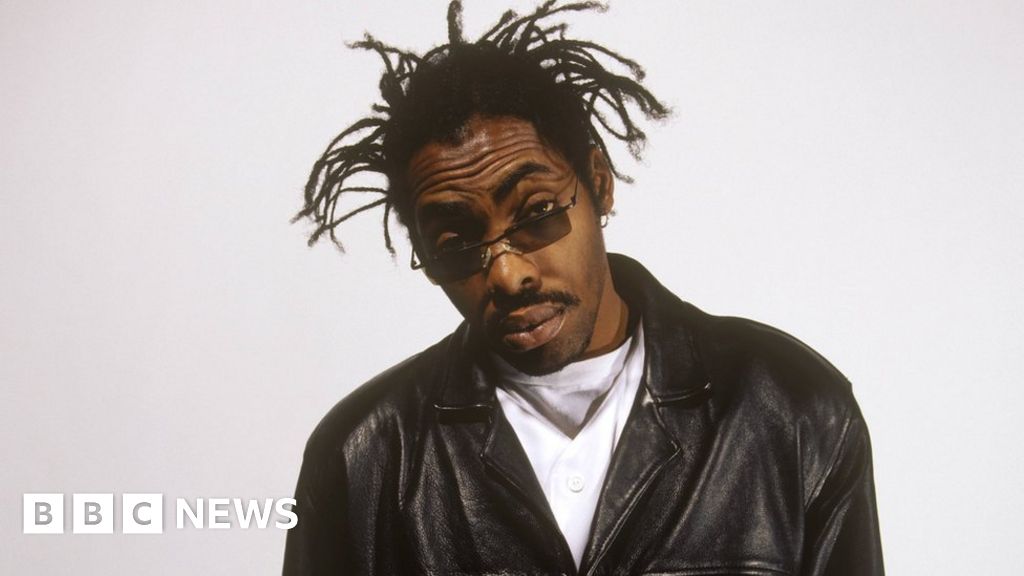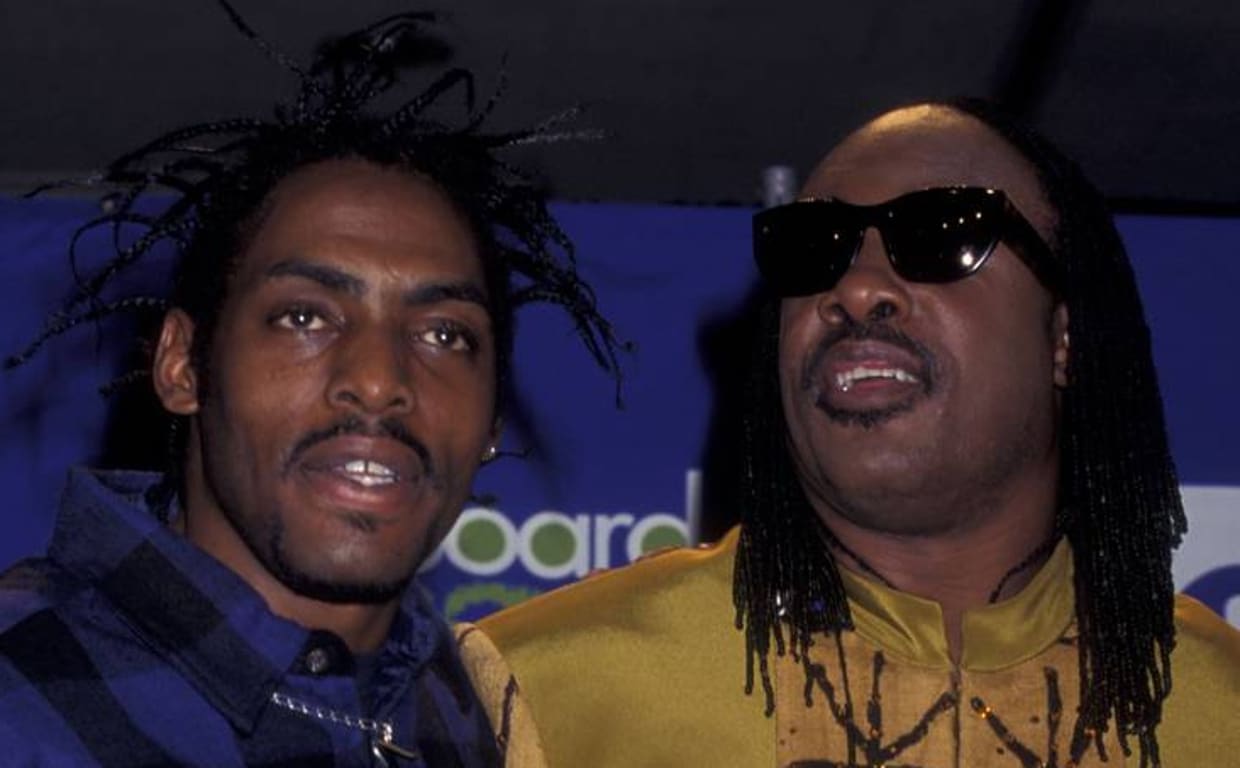“Gangsta’s Paradise” – Coolio ft. L.V.

“Gangsta’s Paradise” by Coolio featuring L.V., released in 1995, is a defining track of the mid-1990s hip-hop scene. Known for its reflective lyrics and haunting melody, the song has remained a cultural touchstone and is widely recognized for its powerful commentary on life in the inner city.
Essay on “Gangsta’s Paradise” by Coolio ft. L.V.
“Gangsta’s Paradise” by Coolio ft. L.V.: A Reflective Exploration of Urban Life
“Gangsta’s Paradise,” a collaboration between Coolio and L.V., is a seminal track in the history of hip-hop. Released in 1995, the song garnered widespread acclaim for its introspective lyrics and evocative melody, encapsulating the struggles and disillusionments of urban life.
![Coolio - Gangsta's Paradise (feat. L.V.) [25th Anniversary]](https://i.ytimg.com/vi/RHwqtqPiWVA/maxresdefault.jpg)
At the heart of “Gangsta’s Paradise” is its poignant exploration of the challenges faced by individuals living in disadvantaged environments. The lyrics present a narrative of a person who reflects on their life choices and the consequences of living a life of crime. The refrain, “Been spendin’ most their lives livin’ in the gangsta’s paradise,” encapsulates the overarching theme of the song— the entrapment and disillusionment that can accompany a life of crime. This recurring line underscores the sense of entrapment and futility experienced by those who find themselves in this lifestyle.

The song’s lyrics are both introspective and critical, offering a glimpse into the psychological and emotional turmoil of its protagonist. Coolio’s verses detail the harsh realities of street life, including violence, poverty, and a sense of hopelessness. The narrative is complemented by a deep sense of regret and a desire for change, reflecting a broader commentary on the systemic issues that contribute to such circumstances.
Musically, “Gangsta’s Paradise” is distinguished by its hauntingly melodic hook, performed by L.V. The track features a prominent use of Stevie Wonder’s 1976 song “Pastime Paradise,” which provides a melancholic backdrop to the narrative. The blend of hip-hop with soulful elements creates a powerful contrast that enhances the emotional depth of the song. The somber tone of the melody and the contemplative nature of the lyrics create a striking juxtaposition that amplifies the song’s impact.

The music video for “Gangsta’s Paradise,” directed by Antoine Fuqua, visually reinforces the song’s themes by depicting scenes of urban struggle and introspection. The video portrays the protagonist’s life in a series of stark, powerful images that echo the song’s lyrical content, providing a visual representation of the narrative’s emotional weight.
“Gangsta’s Paradise” achieved significant commercial success and critical acclaim, reaching the top of the charts worldwide and becoming an enduring symbol of 1990s hip-hop. The song’s exploration of themes such as crime, regret, and the search for redemption resonates with listeners and continues to be relevant in discussions about urban life and social issues.

In conclusion, “Gangsta’s Paradise” by Coolio featuring L.V. is a landmark track that offers a profound and reflective commentary on the realities of life in disadvantaged communities. Its powerful lyrics, evocative melody, and impactful music video combine to create a song that remains influential and thought-provoking. The track’s ability to convey complex emotions and social commentary underscores its enduring significance in the world of hip-hop and popular music.
Video:











